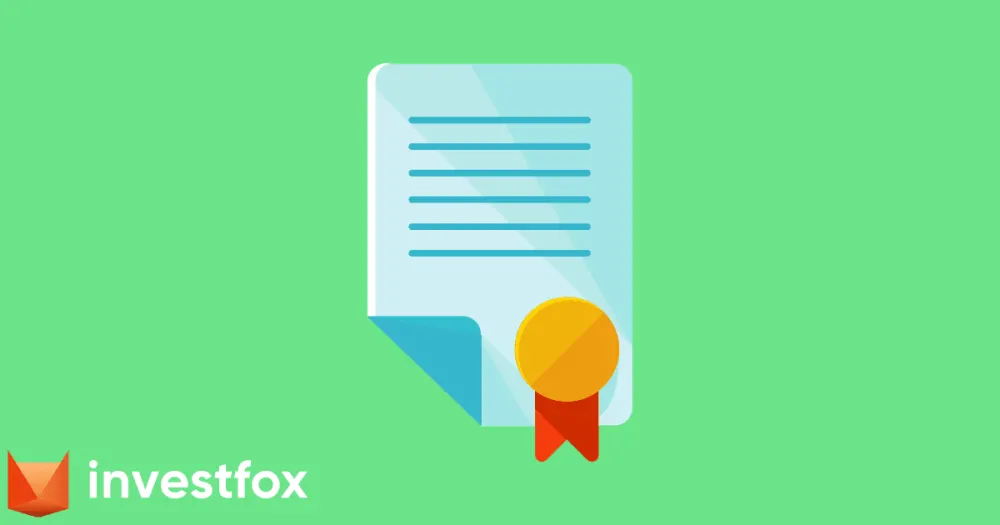Our partner, XM, lets you access a free demo account to apply your knowledge.
No hidden costs, no tricks.

The commodities market attracts millions of traders every day. Traders buy and sell contracts on a variety of commodities, such as oil and gas, gold ,silver, agricultural products, livestock, etc.
These contracts are called futures contracts and are some of the most popular investment vehicles on the market.
However, futures contracts are not exclusive to commodities, as anything can be an underlying asset of a futures contract.
Futures contracts are standardized financial agreements that obligate two parties to buy or sell an underlying asset, such as commodities, financial instruments, or stock indices, at a predetermined price on a specified future date.
These contracts are traded on futures exchanges and serve various purposes, including hedging and speculation.
They can be used to speculate on future price movements or to protect against price fluctuations.
Futures are traded on major exchanges like Chicago Mercantile Exchange and traders can access them using their brokerage accounts.
If you are a beginner trader and would like to know more about futures contracts and how they work, this Investfox guide is for you.
To understand how futures contracts work, let’s look at some key aspects traders need to consider before trading futures, such as:
Futures trading comes with certain advantages and disadvantages that traders need to consider to decide whether futures trading is the right choice for their financial objectives.
Our partner, XM, lets you access a free demo account to apply your knowledge.
No hidden costs, no tricks.
Futures contracts are standardized agreements to buy or sell an underlying asset at a predetermined price on a specified future date. Traders take long (buy) or short (sell) positions, with daily mark-to-market adjustments based on price changes, and can either offset their positions or prepare for physical delivery at contract expiration.
Futures contracts are traded on major exchanges, such as the Chicago Mercantile Exchange and traders can buy and sell them through their brokerage accounts.
The underlying asset of a futures contract can vary widely and includes commodities (such as oil, gold, and wheat), financial instruments (like stock indices and interest rates), foreign exchange rates, and more. The specific asset is determined by the terms of the futures contract and its market.